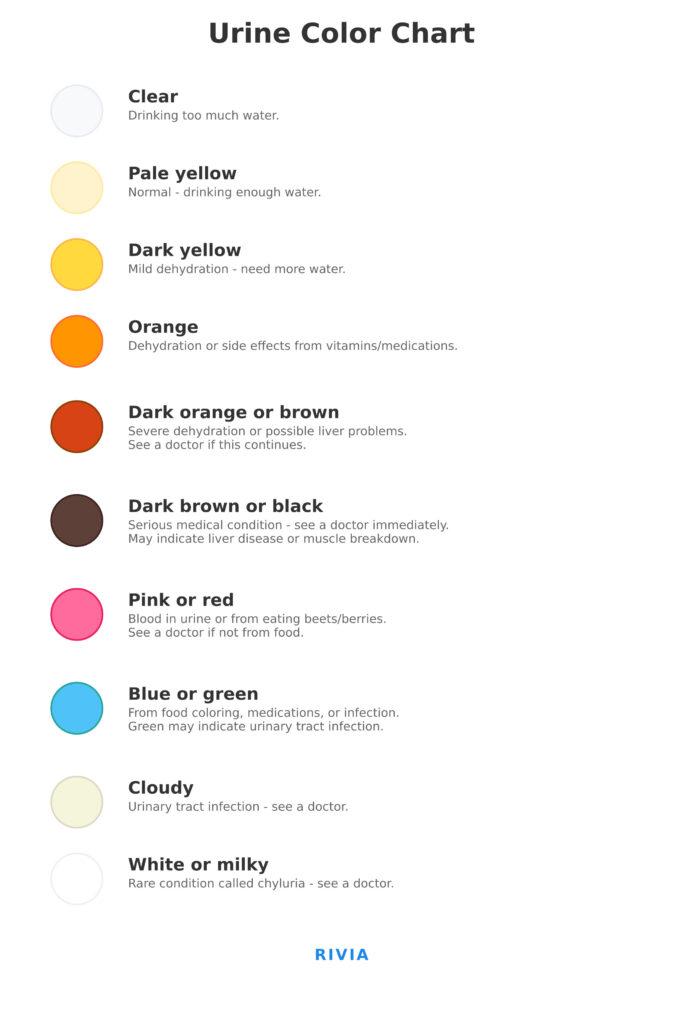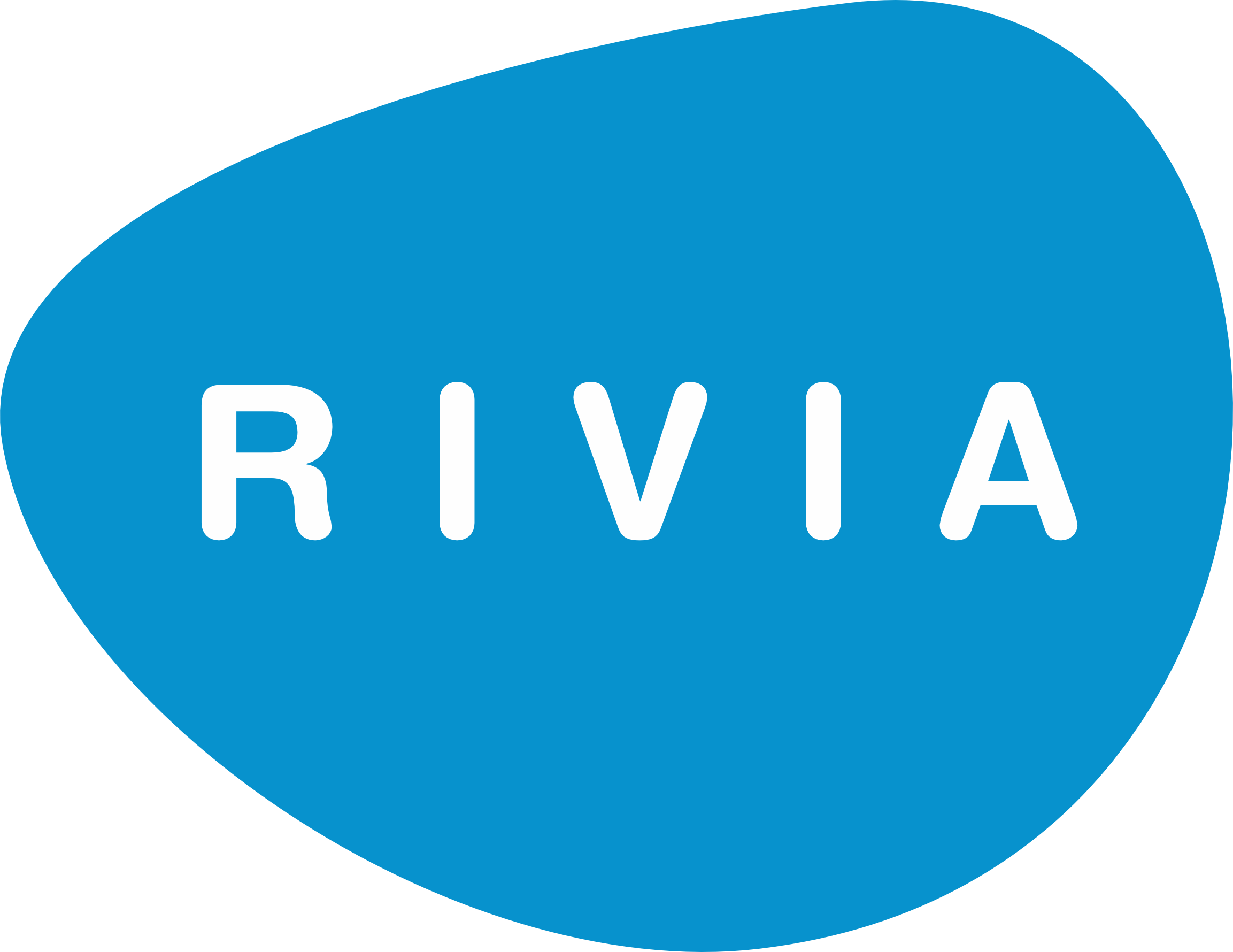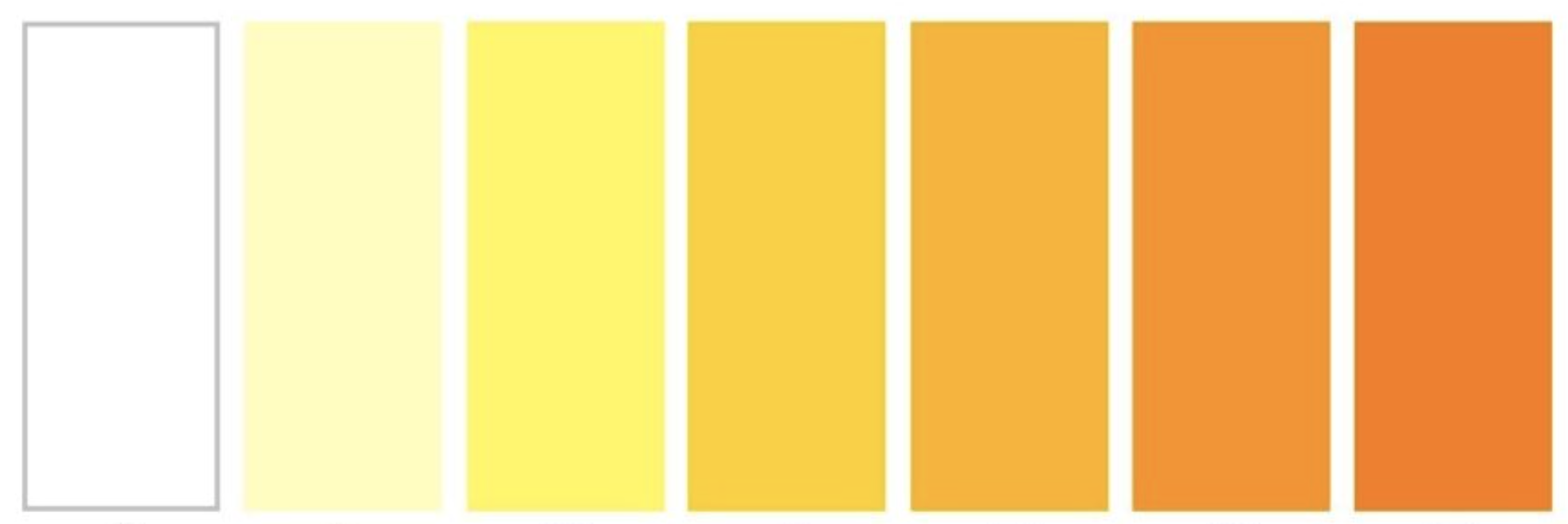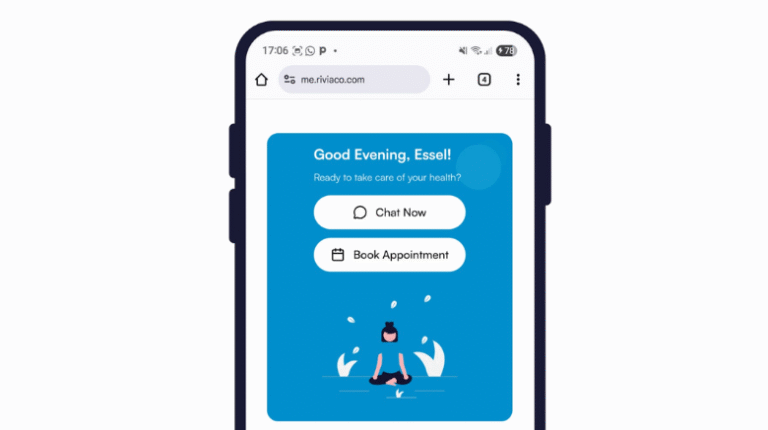Your body talks to you in different ways. One of the easiest signs to check is the color of your urine. It can tell you a lot about your hydration, your diet, medications you’re taking, and sometimes even your health risks.
Normally, urine is light yellow because of a pigment called urochrome, which is made when your body breaks down red blood cells. When you drink plenty of water, the yellow becomes lighter. When you’re dehydrated, it turns darker.
But sometimes, changes in urine color could mean something else is going on. Let’s break it down in simple terms.
Urine Colors FAQ
Why does urine change color?
Urine changes color based on:
- How much water you drink (hydration)
- What you eat (certain foods can affect it)
- Medications you take
- Health conditions that need attention
What do different urine colors mean?
Clear urine
- You’re drinking a lot of water—maybe even too much.
- If it’s always clear but you’re not drinking too much water, speak with a doctor. It could point to liver issues like cirrhosis or hepatitis.
Light yellow to amber (golden) urine
- This is the typical and healthy range.
- The more water you drink, the lighter it gets.
- Bright neon yellow? That’s usually from extra B vitamins.
Red or pink urine
- Food: Beets, blueberries, or rhubarb can do this.
- Medications: Laxatives with senna, phenazopyridine (Pyridium), some antibiotics like rifampin, or certain cancer drugs.
- Health issues: Blood in your urine could mean a urinary tract infection (UTI), kidney stones, an enlarged prostate, or bladder and kidney tumors. Always check with a doctor if you’re unsure.
Orange urine
- Dehydration: You need more water.
- Liver or bile issues: If your urine is orange and your stool is pale, this could mean a bile duct or liver problem.
- Medications: Phenazopyridine, sulfasalazine, or some chemotherapy drugs can cause this.
Blue or green urine
- Food dyes: Candy or colored drinks sometimes do this.
- Medications: Cimetidine (Tagamet), amitriptyline, indomethacin, promethazine, or B vitamin supplements.
- Medical conditions: Rare cases like a Pseudomonas infection or familial benign hypercalcemia (a rare genetic condition).
Dark brown urine
- Dehydration: You need more fluids.
- Medications: Metronidazole (Flagyl), nitrofurantoin, chloroquine, senna-based laxatives.
- Foods: Rhubarb, aloe, or fava beans.
- Health conditions: Rhabdomyolysis (muscle breakdown), liver disease, or porphyria.
- Exercise: Long-distance running can sometimes cause dark urine temporarily.
Cloudy or foamy urine
- Possible causes: UTIs, kidney problems, or dehydration.
- Pregnancy warning: Cloudy urine during pregnancy could be a sign of preeclampsia—contact your doctor immediately.
- Foamy urine: Could be a sign of protein in the urine, often linked to kidney disease.
What does kidney failure urine look like?
- Color: Dark amber, red, or brown.
- Other signs: Less urine than usual, foamy urine, or blood in your urine.
- These could also happen for other reasons, so always check with a doctor.
What are the early signs of kidney disease?
- Changes in urine (color, frequency, or foaminess)
- Swelling in arms, legs, or face
- Fatigue, trouble concentrating, muscle cramps, or insomnia
What color is urine in early-stage kidney disease?
- Usually normal yellow, but may be more foamy due to protein (this is called proteinuria).
- Sometimes there’s a small amount of blood in the urine, making it darker.
What color is urine in stage 3 kidney disease?
- Urine may appear dark amber, pink, reddish, or foamy due to blood or protein leakage.

Summary: Should I worry about my urine color?
- Most of the time, changes in urine color are harmless and related to food, drink, or medication.
- Sometimes, they point to serious health issues. If your urine stays red, brown, blue, or green for more than 2–3 days, talk to a doctor.
Talk to the Care Team
Worried about your urine color? Need a checkup? Your Care Team is ready to help.
Chat with a doctor: Call or WhatsApp us at +233 24 725 7966
Provide Health Access to your team: visit riviaco.com
Email: acess@riviaco.com
We’re here for you, 7 days a week.



